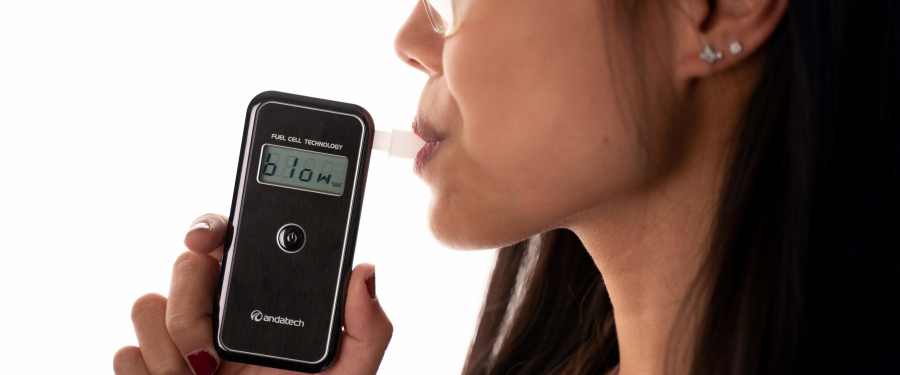Today marks the start of Dry July, a month without alcohol to raise funds for cancer patients and their families and carers.
Dry July encourages people to give up alcohol for the month of July, and it creates a great opportunity for those involved to change their relationship with alcohol.
We know that alcohol affects our body in many ways and can also affect our health. Not drinking alcohol for a month can help us learn how alcohol affects us and it gives our body a chance to detoxify itself from all that alcohol.
Taking a break from alcohol along with making small improvements to your diet and exercise routine could see you benefiting from increased energy levels, clearer skin, better sleep, and of course, money saved and no more hangovers.
In fact, Dry July ambassador Dr Cris Beer explained that refraining from alcohol for a couple of weeks is shown to help you:
- lose 2-4 kgs in weight
- improve sleep concentration by 10%
- improve concentration by around 18%
- reduce anxiety levels
- reduce liver fat by up to 20%
- lower blood glucose levels and blood cholesterol
If you’re participating in Dry July or would just like to take a break from alcohol, here are some tips for going sober to help you get through.
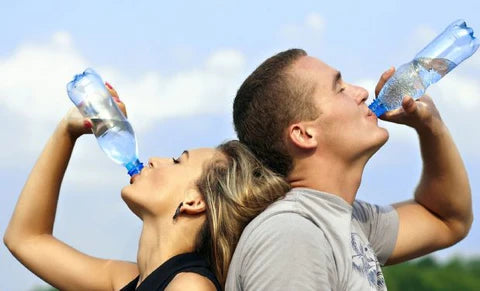
Stay hydrated
Alcohol is a diuretic and prevents your body from extracting water from urine in the kidneys. This dehydrates not only our body internally, but also our skin, and you’ll feel the effects even more so in winter when the air is dry.
Stay hydrated by drinking plenty of water throughout the day. Standard recommendations for women is 2.1L (about 8 cups) of water a day and for men, 2.6L (about 10 cups) of water a day. Avoid sugary drinks, carbonated drinks or energy and sports drinks. If you crave alcohol or something sweet, try squeezing some lemon or lime juice to add variety.
Don’t forget that your skin is the largest organ in the body — and drinking a lot of alcohol leaves it dehydrated. Apart from drinking lots of water, you can facilitate skin re-hydration with moisturiser and a humidifier if your home suffers from dry air or very low humidity.
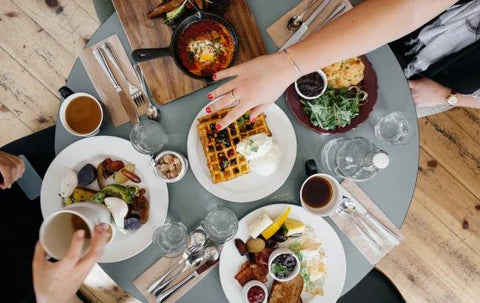
Spend quality time with friends and family
Abstaining from alcohol doesn’t mean you have to be a social recluse! Check your local newspapers or events websites to see what’s happening near you. Alternatively, invite friends and family out for brunch, or to come over for a home-cooked meal or an alcohol-free get-together with board games or a movie. For couch potatoes, not drinking alcohol is also an excellent excuse to stay in and binge-watch Netflix in front of the heater with your pals.
You’ll soon realise that you don’t need alcohol to socialise or enjoy yourself with your friends. Plus, without alcohol affecting our brain processes, we have a clearer head to enjoy meaningful conversations (and still remember it the next day).
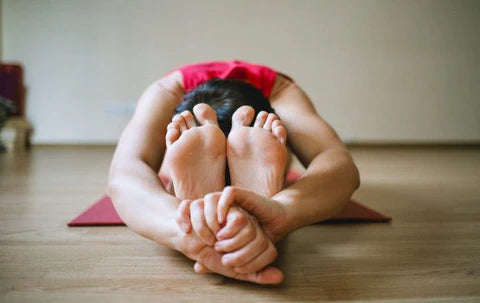
Start a healthy habit
Alcohol can sometimes be habitual for us or an automatic response to an event. We may reach out for it at the end of a long work week, when stressed or upset, or at a party, simply out of habit. When these events pop up in July or during your alcohol fast, you’ll soon realise how often you drink in social situations.
Swap this alcohol habit with a new, healthy one. Celebrate an occasion with thoughtful gifts, a nice meal, or special outings instead of alcohol. Go for a run, meditate, practice yoga, or do some light stretching and breathing exercises to relieve stress or improve your mood.
Better yet, pick up a new skill or learn something new now that your weekends aren’t dedicated to curing a hangover!
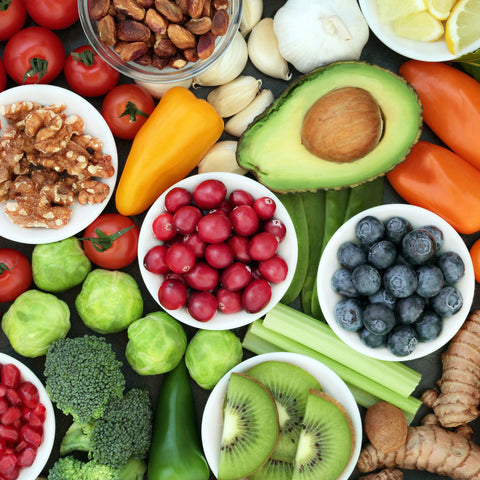
Eat healthy
If our body is used to consuming alcohol regularly, a sudden halt in alcohol intake may produce some alcohol withdrawal symptoms such as sugar cravings because the pancreas has become used to the regular supply of sugary fuel.
Whenever you feel that familiar urge to have a sip of alcohol, eat something that will regulate your blood sugar levels. Protein such as a boiled egg or a handful of raw unsalted nuts should do the trick.
Eating healthy also helps your body heal from any damage caused by alcohol. Good nutrition can help restore damaged tissues in vital organs, improve mood, and strengthen the immune system. It’s also recommended to eat frequent, healthy meals, as you may mistake the feeling of hunger with alcohol cravings, making it harder to stay away from alcohol..
Visit the Dry July blog for some great recipes and nutrition tips to help you.
Count how much you’ve saved
Alcohol costs a lot, and not having any for a whole month would no doubt save you a lot of money! Now you can put aside that money you would normally have spent in a jar.
At the end of the month, that money can go towards a nice treat for yourself, funds for a new house or car, or to Dry July to increase your fundraising for people affected by cancer.
What happens after?
Dry July is not about cutting out alcohol from your life forever. It’s about taking a break from alcohol for a good cause, and for your body’s health.
By the time the month is over, you should have a higher awareness of your individual drinking habits, and hopefully have a better, healthy attitude to alcohol consumption.
Healthy habits aren’t just for July.
Whether it’s having after work drinks with your mates, or enjoying a few beers at the family barbecue, alcohol is entrenched in Australian culture.
Maintaining a healthy and sensible approach to drinking can greatly minimise your risk of getting into alcohol-related accidents as well as long-term illnesses.
According to the National Health and Medical Research Council’s (NHMRC) 2015 Australian Guidelines to Reduce Health Risks from Drinking Alcohol, no more than two standard drinks should be consumed per day in order to avoid the lifetime risks of harm from alcohol-related disease.
Additionally, NHMRC recommends no more than four standard drinks on a single occasion in order to reduce the risk of alcohol-related injury.
Keep in mind that due to the different ways that alcohol can affect people, there is no amount of alcohol that can be said to be safe for everyone. An easy way to see how alcohol affects yourself is with a breathalyser to estimate your blood alcohol concentration (BAC) at any given time, so you can better understand how your body reacts to alcohol.
Taking part in Dry July is a great way to kick-start your healthy approach to alcohol but hopefully you’ll bring forward the lessons you’ve learned during your alcohol-free month.
We hope this post has helped! If you have any of your own tips for going sober, do let us know in the comments section below.

